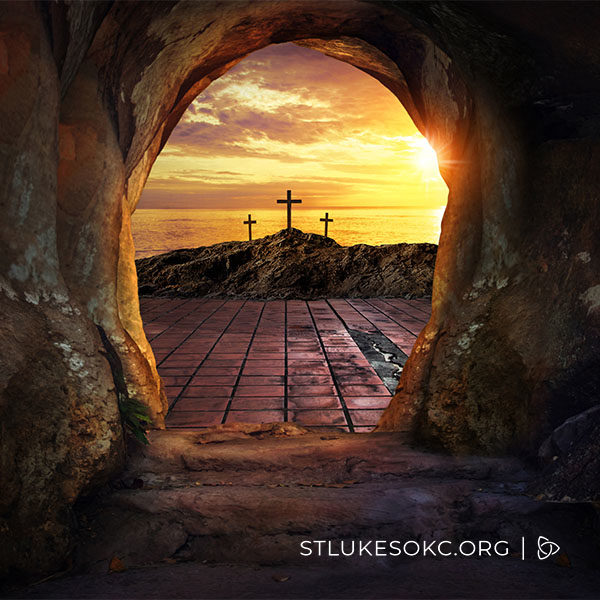When Wendy and I made our first trip to Israel in January 1998, Christmas was in full swing in Bethlehem. Christians in the West Bank and in Orthodox countries observe their religious holidays according to the Julian calendar rather than our Gregorian calendar. The sun was starting to set as we walked through Manger Square. Seeing the Christmas lights in shopkeepers’ windows only added to an already remarkable experience.
Our guide, Shabtai Levanon, said something on that trip that has stuck with me all these years: “We are here to commemorate what God has done more than where He did it.”
So many people who visit Israel do so to stand in the exact spots where Jesus stood. You can do just that in places like the Church of the Nativity – the oldest site continuously used as a place of Christian worship – and in the ruins of the synagogue in Capernaum, or the Teaching Steps leading to Jerusalem’s Temple Mount. But we really only know the general area where the Sermon on the Mount took place – same with the Garden of Gethsemane. The exception is the Via Dolorosa which is believed to be the actual route where Jesus was led to Calvary. The Church of the Holy Sepulcher may well be where the crucifixion took place, but the tomb 90 feet away probably isn’t the site of Jesus’ burial and resurrection. The uncertainty leaves some travelers feeling unhappy and unfulfilled.
So too it is with Christmas being in December. Jews put their sheep to pasture from spring until early October, so there would have been no shepherds in the fields during winter. Other scholars calculate the birth of John the Baptist as March or April. Since Mary was three months pregnant at the time, she would probably have delivered Jesus in September. Don’t let things like that leave you feeling cheated.
Christmas isn’t a time to blow out candles and say, “Happy Birthday, Jesus!” It’s a time we commemorate what God has done more than where – or when – He did it. Because God wants a close, authentic relationship with each of us, He acted in history to send His Son. We accept that relationship when our hearts prepare Him room, enabling us to share His love with others, grow in our faith, and be His hands in service to the world.
Chris Lambert, Director of Ending Hunger OKC



